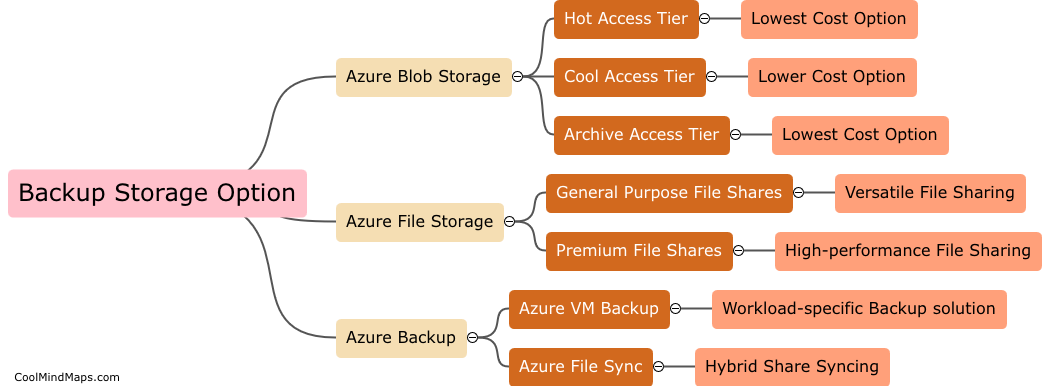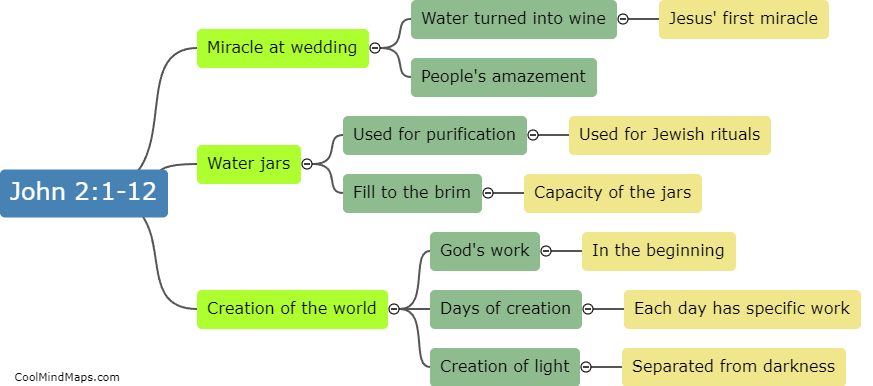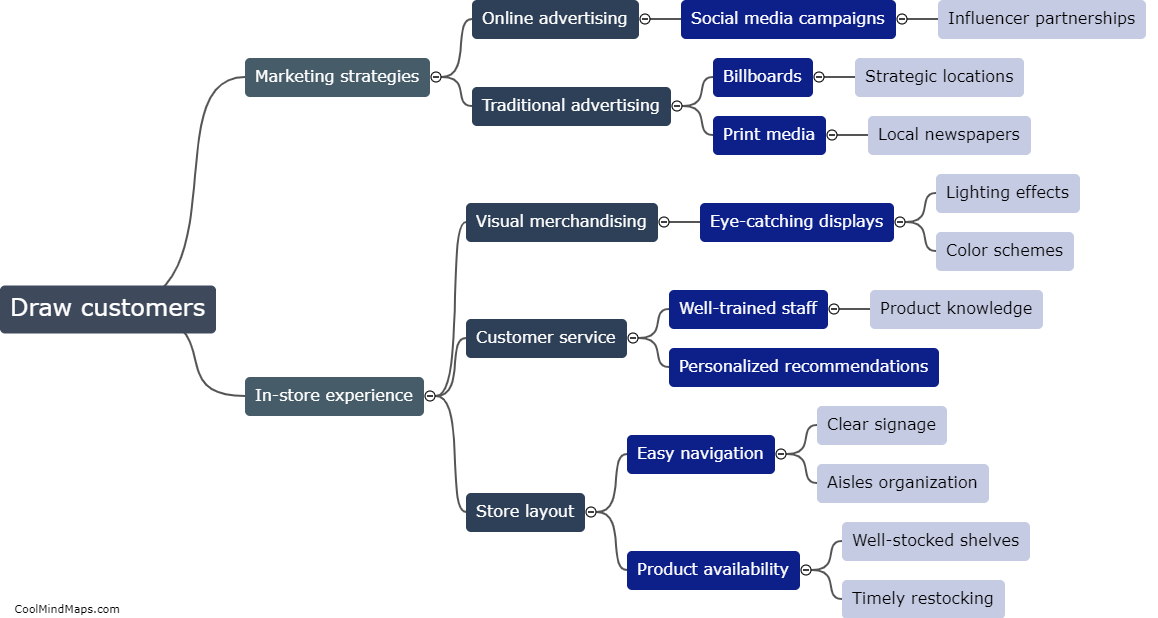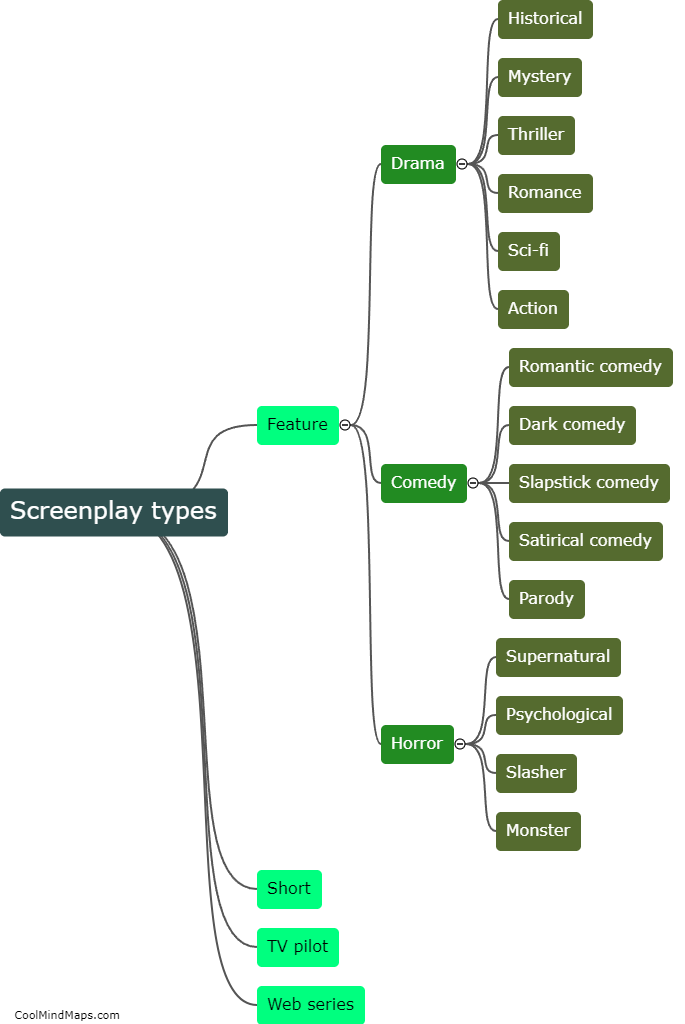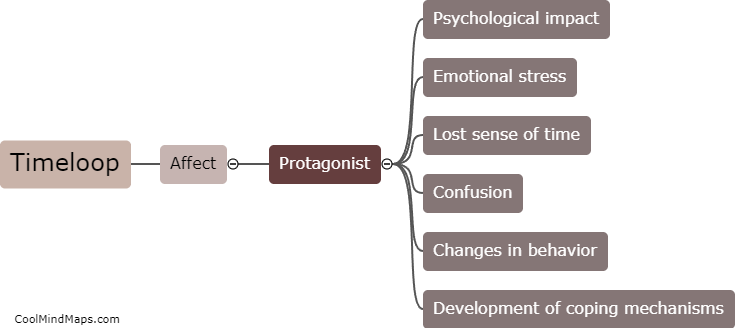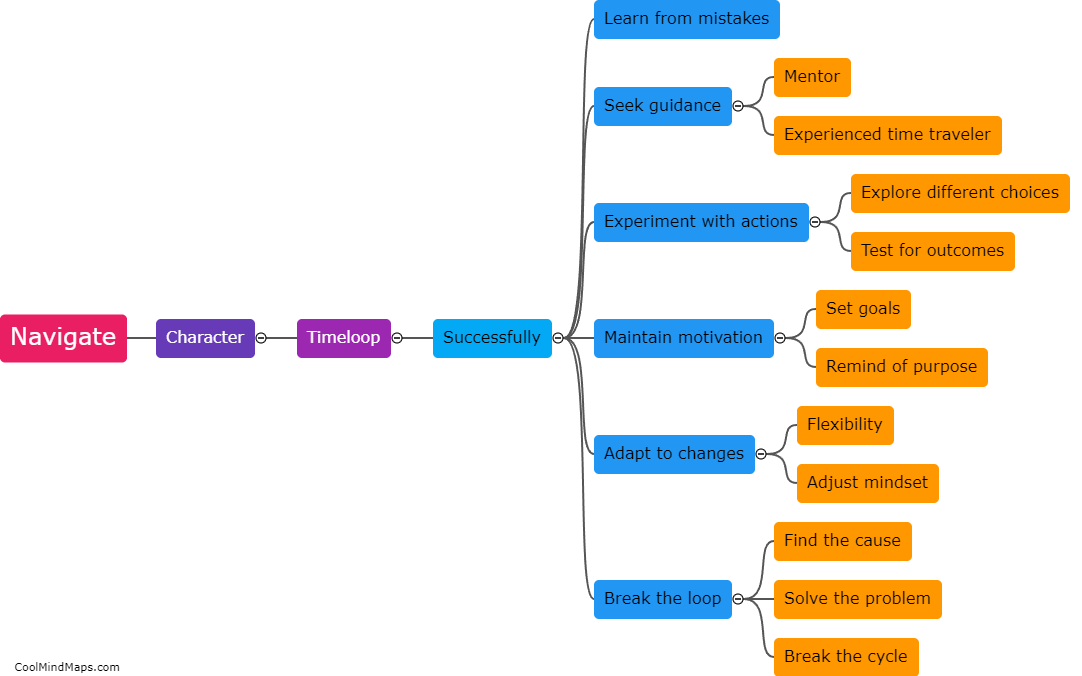How do the screenplay types affect the storytelling process?
The type of screenplay used can have a significant impact on the storytelling process. In a traditional three-act structure, the screenplay follows a linear narrative with clear setups, conflicts, and resolutions. This approach allows for a straightforward and easily understandable story progression. On the other hand, non-linear or experimental screenplay types provide opportunities for unconventional storytelling techniques. They may use flashbacks, parallel narratives, or multiple perspectives to engage the audience in a more complex and thought-provoking manner. These unconventional approaches can add depth, suspense, or ambiguity to the storytelling process, challenging traditional narrative conventions and stimulating the viewers' imagination. Ultimately, the choice of screenplay type can greatly influence the way a story is told and experienced by an audience.
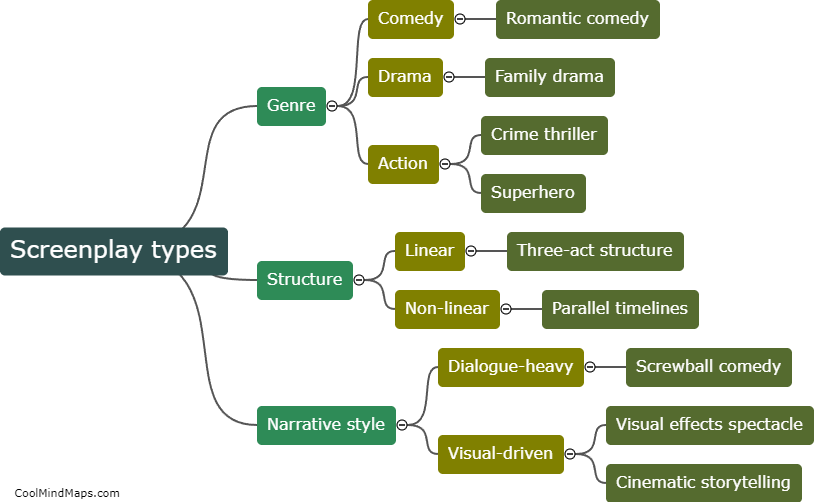
This mind map was published on 5 December 2023 and has been viewed 92 times.
